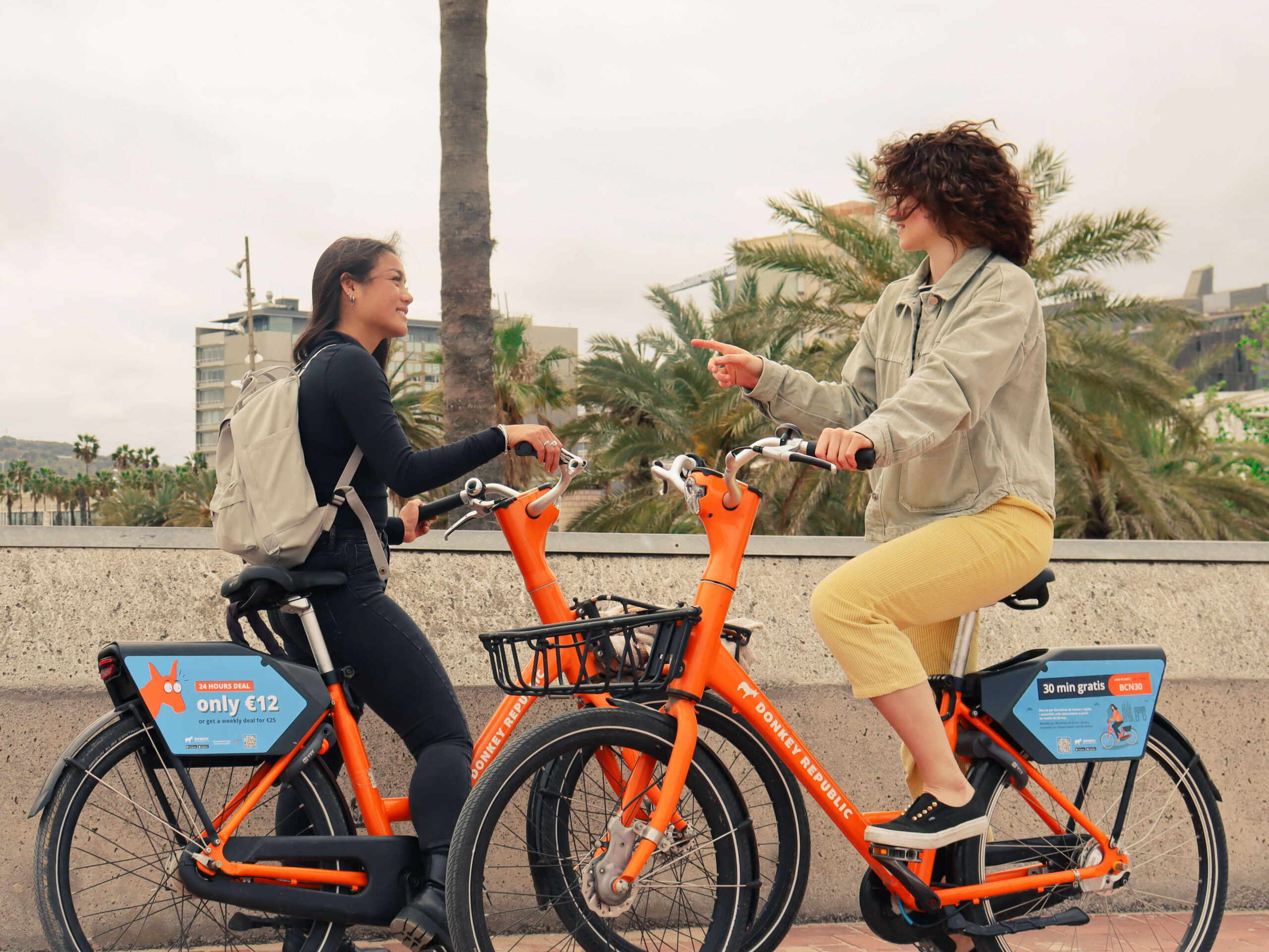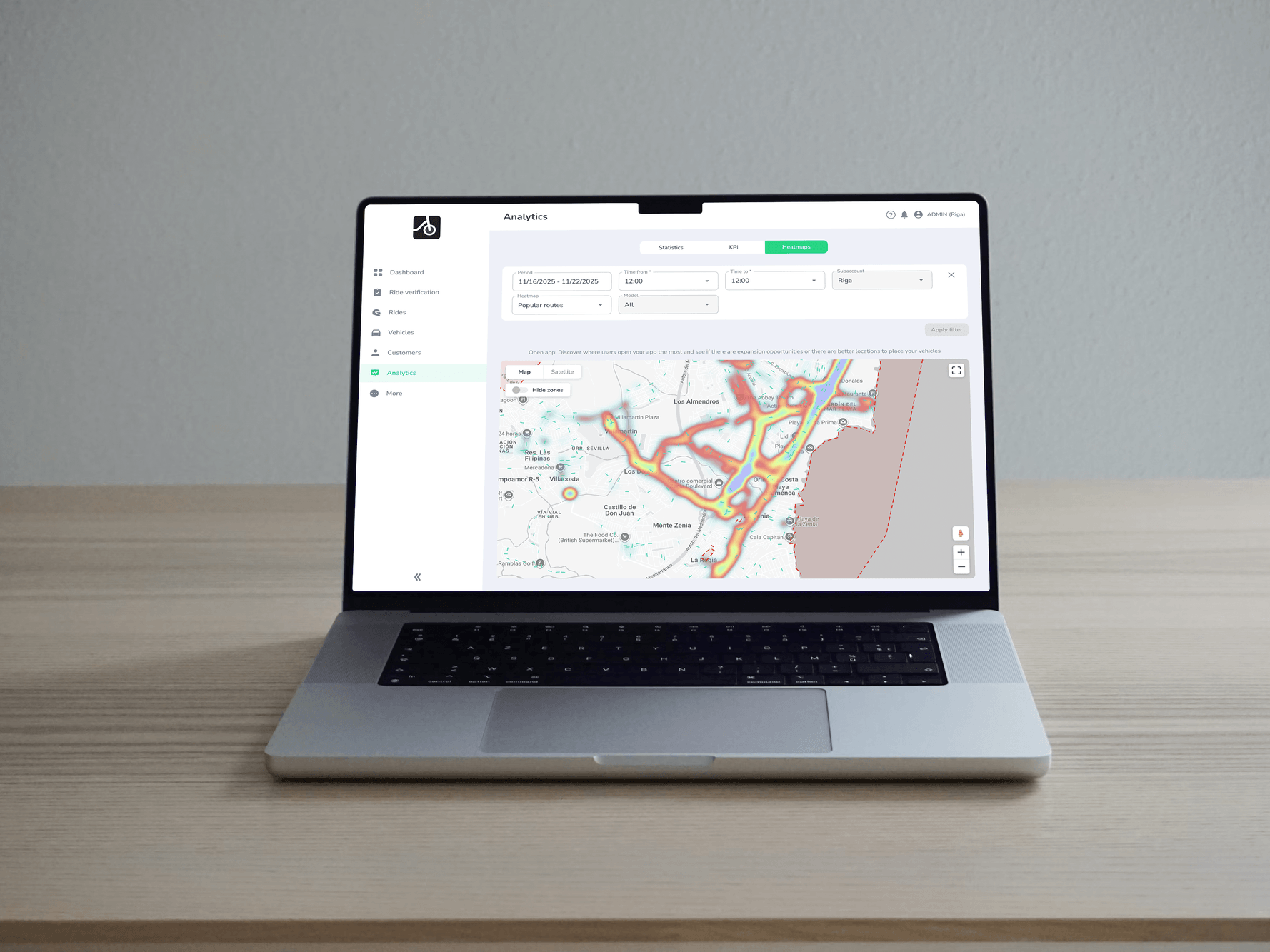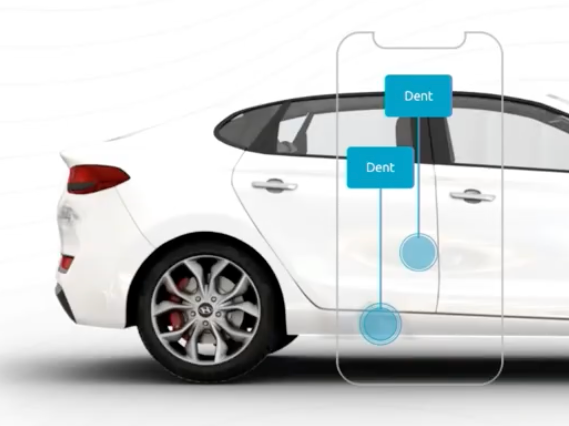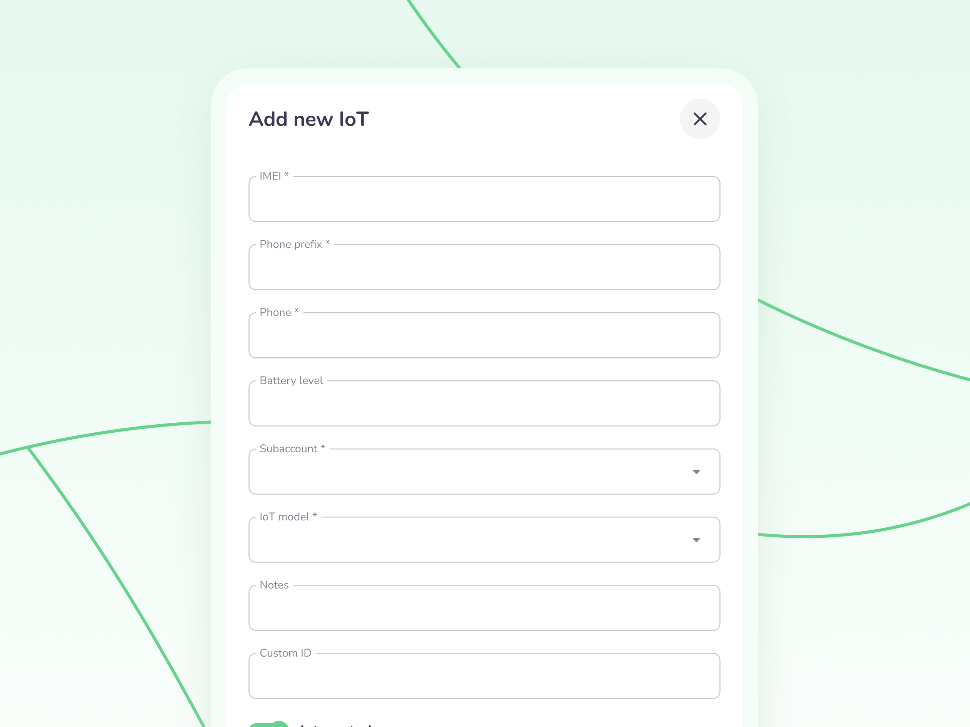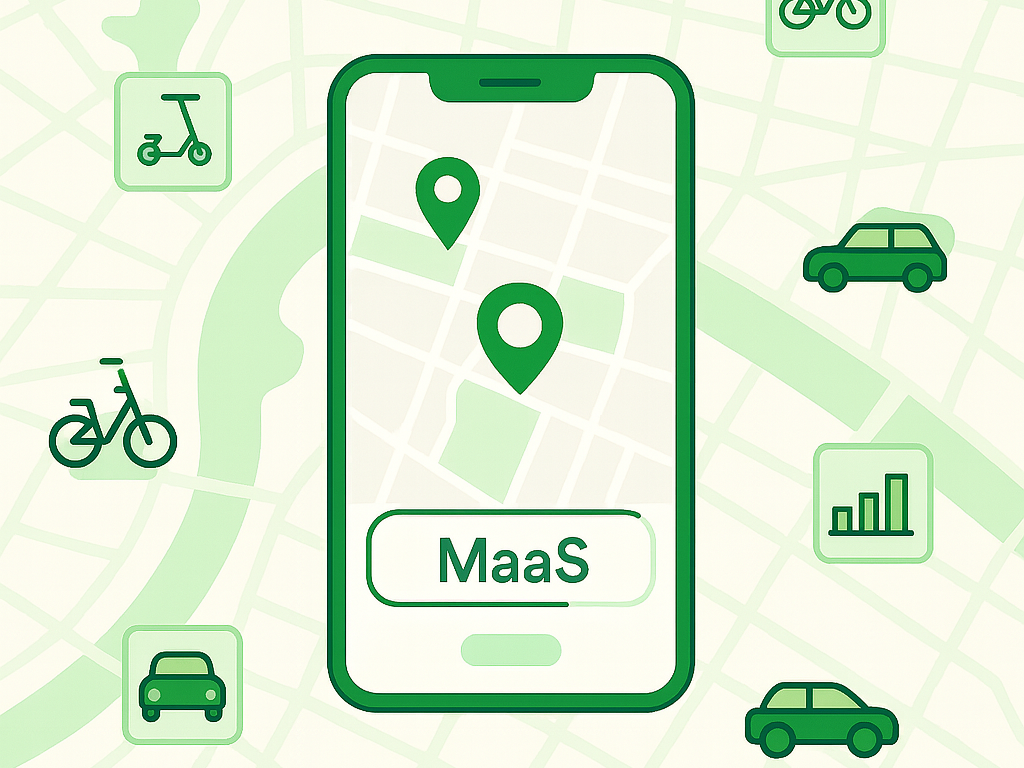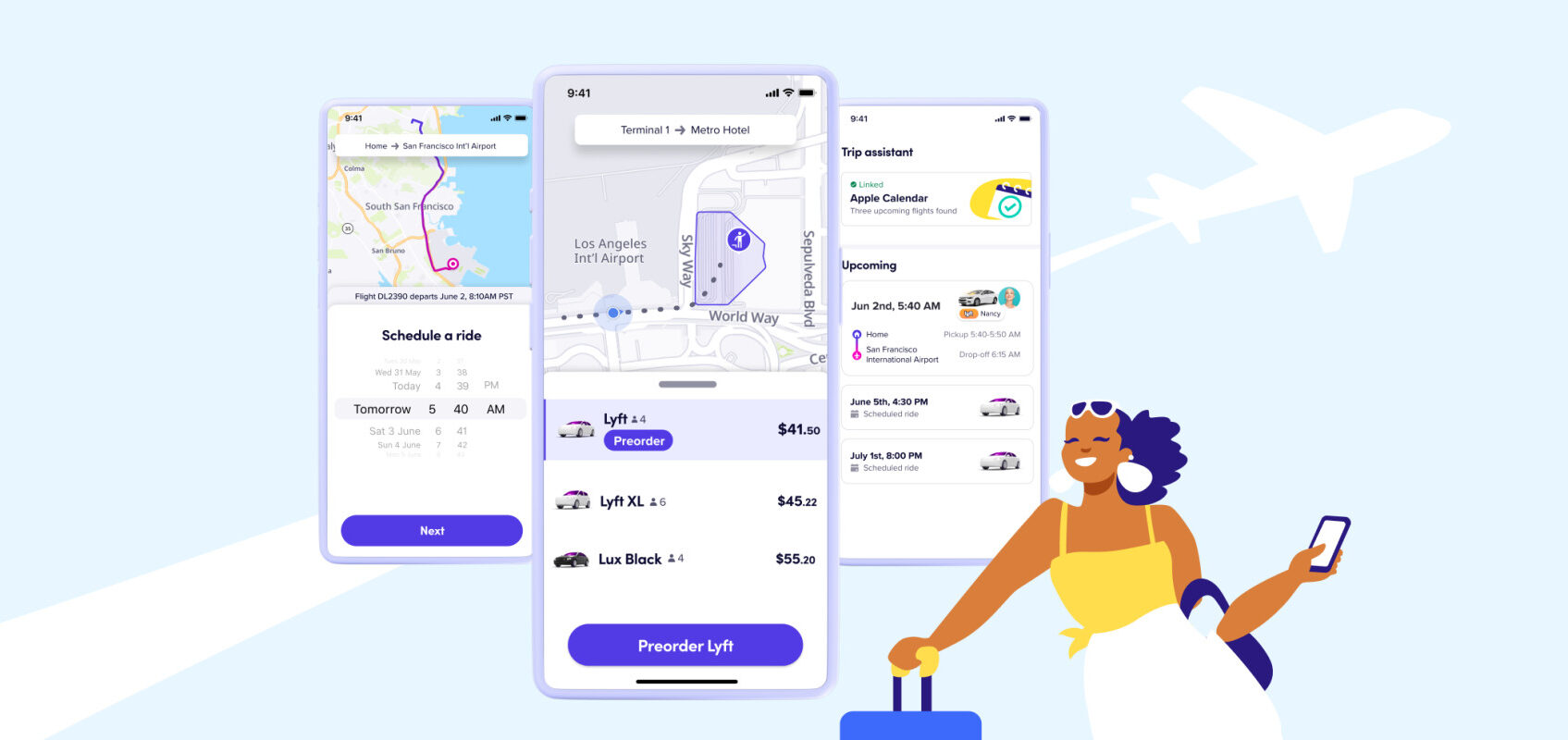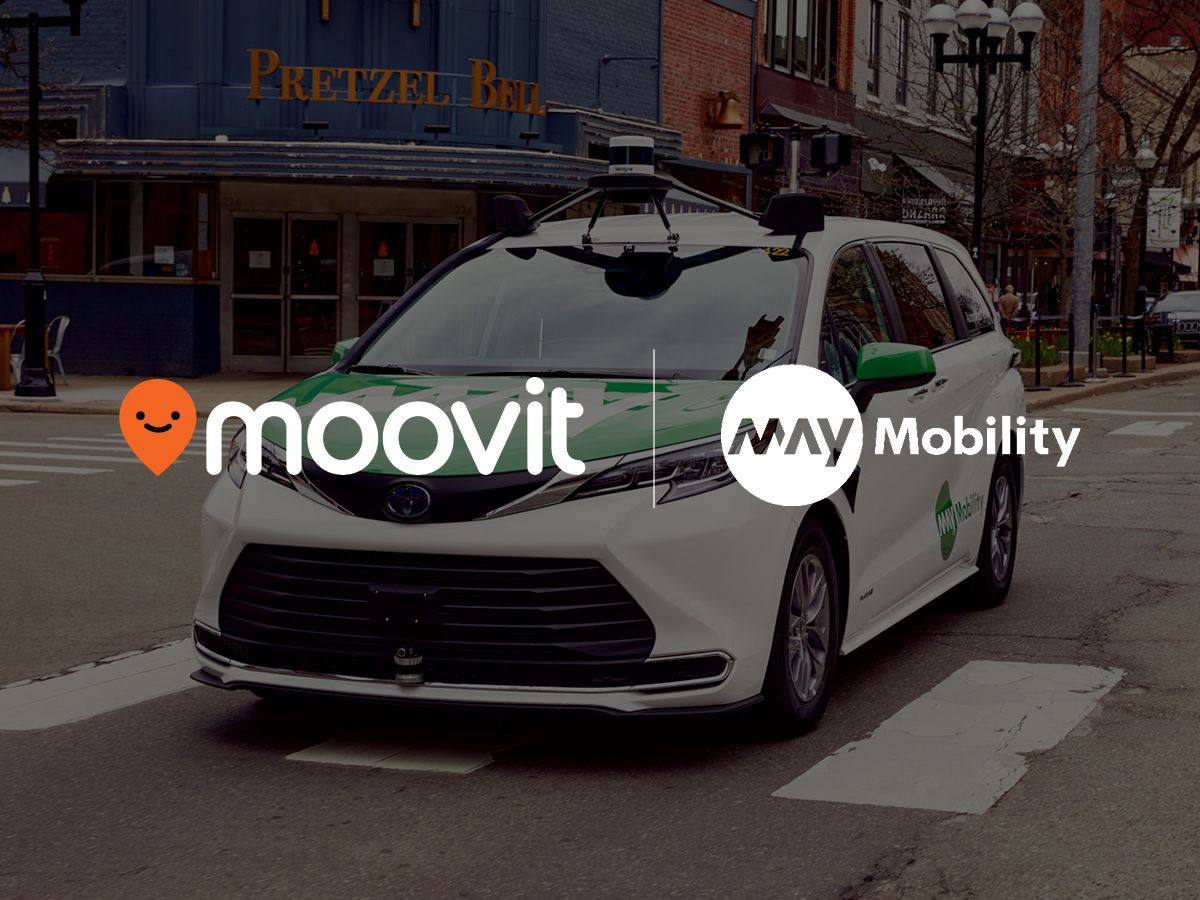ATOM Mobility Introduces a Loyalty Module to Its Shared Mobility Platform
Drumroll, please!
ATOM Mobility has taken user engagement to the next level with a new loyalty module.
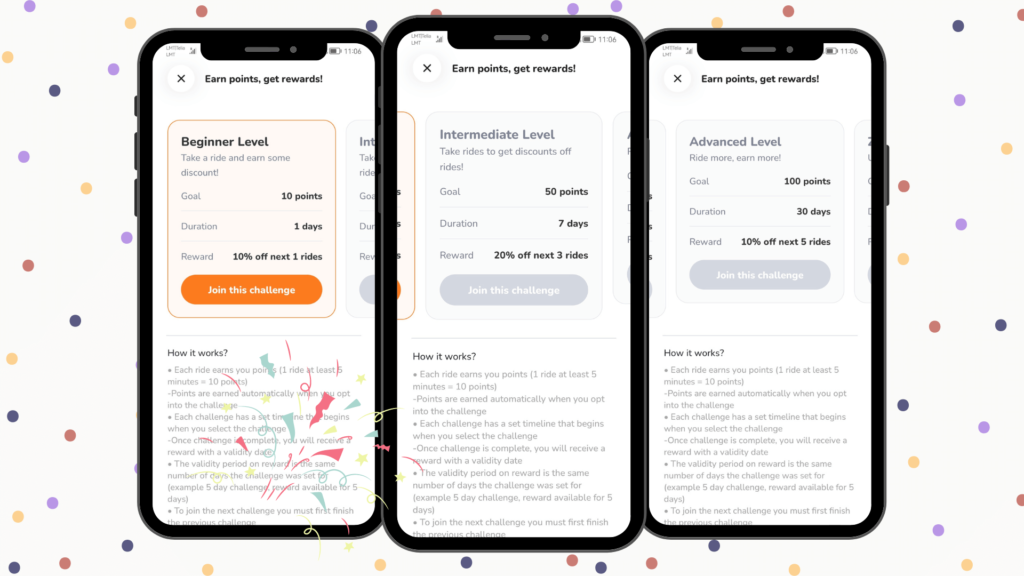
Users can now take part in exciting challenges and earn rewards upon completion. ATOM Mobility’s integration of gamification into its platform aims to enhance the overall user experience – and offers a unique opportunity for operators to differentiate themselves from the competition.
Let’s take a closer look at the opportunities and benefits of this new loyalty module.
The Benefits of Gamification
Gamification is a way of makings apps more fun and engaging by adding game-like elements. The idea is to give users a sense of accomplishment as they progress and complete tasks.
Popular examples of gamification in apps include:
- Duolingo: This language learning app incorporates gamified elements such as levels, achievements, and a point system to make the learning process more enjoyable and engaging.
- Fitbit: The app tracks users’ physical activities and fitness goals while employing gamification elements like challenges, badges, and leaderboards to motivate users and create a sense of competition.
- Headspace: This meditation app incorporates gamification through features like streak tracking and milestones, motivating users to establish a consistent meditation practice by providing rewards and a sense of accomplishment as they progress.
These apps offer solid proof that gamification strikes a chord with users. And now ATOM Mobility has taken the lead by introducing gamification to the white-label shared mobility industry for the first time. Why is it a big deal?
Here are just a few benefits that gamification offers to your shared mobility business:
- Enhanced user engagement: By introducing challenges, rewards, and interactive elements, users are motivated to actively participate in the app’s offerings. The element of challenge and the desire to achieve milestones keeps users hooked and encourages them to explore other app features. This translates into increased usage of your app.
- Improved user retention: Challenges, levels, and rewards foster a sense of progression and keep users coming back for more. The element of surprise and the anticipation of unlocking new features or rewards incentivize users to remain loyal to the app over time.
- Data insights: Gamification allows operators to collect valuable data and insights into user behavior. By tracking user engagement, progress, and preferences within the game-like features, operators can get to know their customers better. This information can be used to personalize the user experience, creating challenges and rewards that cater to individual user preferences – thus encouraging even higher levels of engagement.
Drive User Engagement with Challenges
Once the loyalty module is enabled, operators gain access to a dashboard where they can create and configure a variety of challenges. Each challenge can be personalized with a title, a specific points-based goal, a duration, and an enticing reward upon completion – such as a discount for the next few rides.
Operators can spice up the shared mobility platform by crafting multi-level challenges with step numbers. These steps set the sequence in which challenges appear, meaning users have to finish one step before unlocking the next challenge. This way, operators can inject some fun into the shared mobility experience – and keep users on their toes.
Customization and Data Insights
Operators can customize the loyalty module according to their preferences, for example:
- Choose how many points users get for each ride;
- Adjust the point calculation logic, e.g., you can exclude short rides (under 5 minutes) to prevent users from taking advantage of the system;
- The length of challenges and whether they have multiple levels.
When a user completes a challenge, the system notifies them of their achievement, and the user automatically receives the reward. If a challenge expires without the user earning the required points, the system resets the challenge, and the user can try again.
In the meantime, here’s what data is available to operators:
- User participation in specific challenges – see the total number of users who joined a particular challenge, the number of successful completions, and the number of participants still working on it.
- Progress of each participant – this helps operators evaluate the module’s effectiveness in engaging users and decide if any adjustments are needed to improve its performance.
Stand Out from the Competition with ATOM Mobility
The loyalty module presents an opportunity for shared mobility operators to distinguish themselves from industry giants by enhancing the “stickiness” of their solution. By adding the loyalty module to their platform, operators can offer users incentives to stay connected – fostering a sense of loyalty and long-term engagement.
Atom Mobility clients are already enjoying the advantages of the new module.
Milad, the founder of Qick, said:The setup process for the Loyalty model is simple and effortless, resulting in heightened customer engagement and increased rides. It serves as an excellent means to involve users in the brand.
The loyalty module introduces another dimension to the highly customizable white-label ATOM Mobility platform – with an added touch of fun within the app.
This article was originally published by ATOM Mobility.





